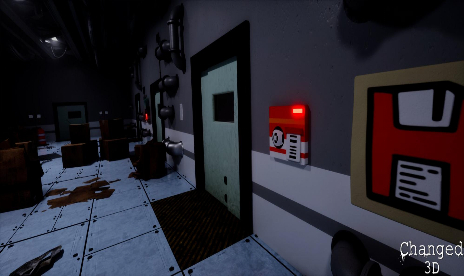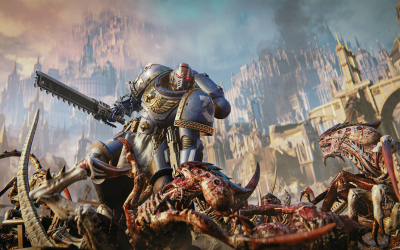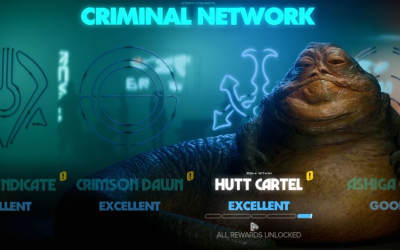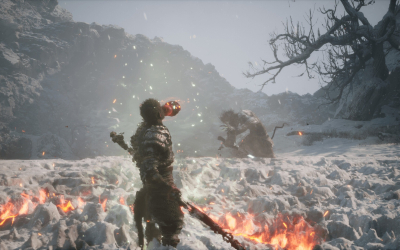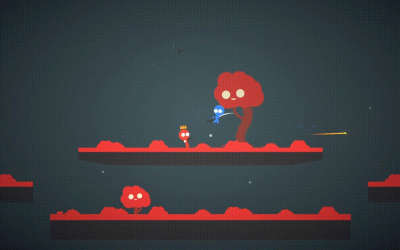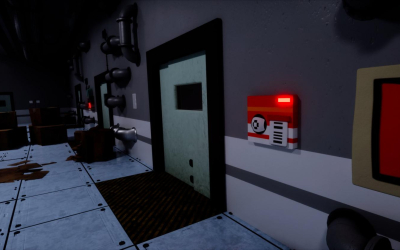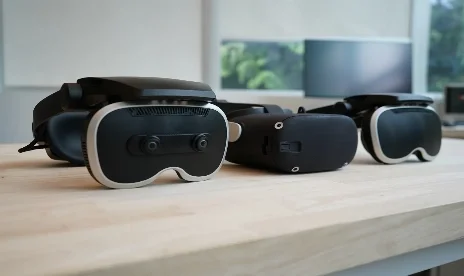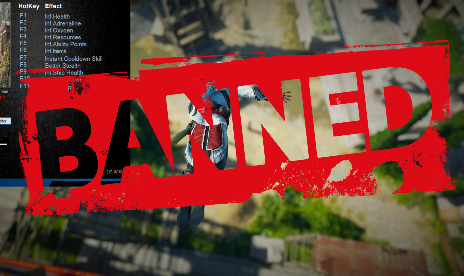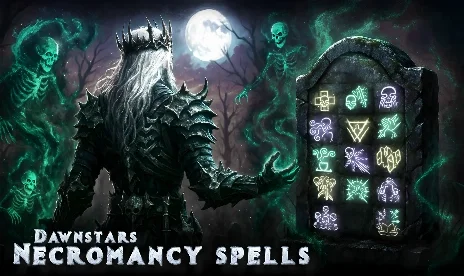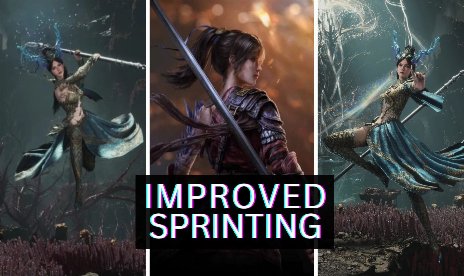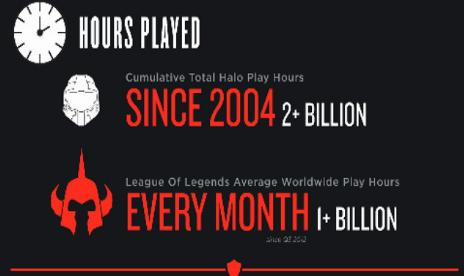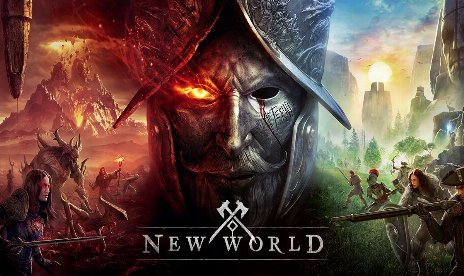Can Windows 10 be the OS darling for gamers?
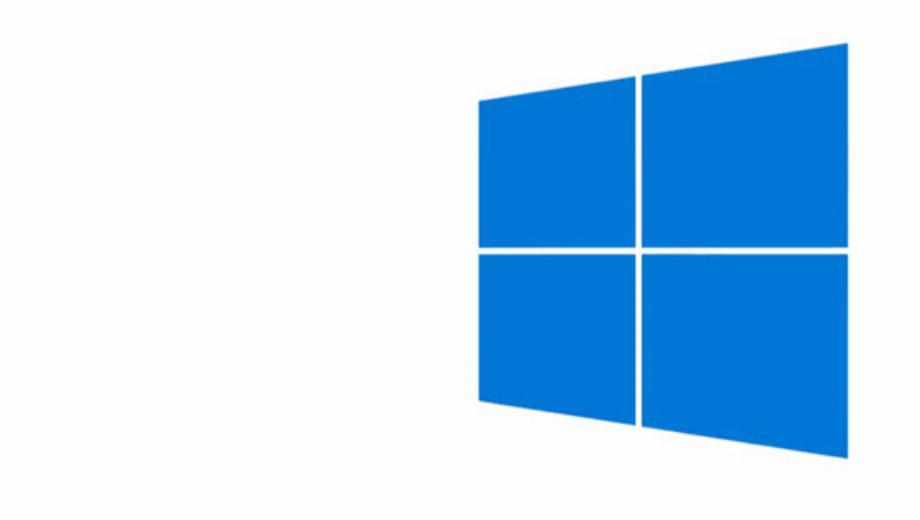
Windows PCs have been at the forefront of gaming for decades. They push the boundaries in terms of the hardware behind the games, as much as the software that runs them and continue to showcase the pinnacle of gaming’s technological achievements.
However, despite this fact, Microsoft, a company that once stood toe to toe with some of the best PC developers in the world, has for the past decade, seemed to forget about the gaming landscape that it helped forge and instead poured its money and efforts into the Xbox platform, with its various technologies and their in turn, varied levels of success.
But that period of stagnation in Microsoft’s PC division may soon be coming to an end, as with the release of Windows 10, it’s hoping to remind everyone why they use Windows machines to game on in the first place, bringing over some of the better developments from Xbox and making both platforms integrate tighter than ever before.
The question is, can Microsoft win back fans of its PC gaming glory days and bridge the gap between the fanboys of both it and Xbox gaming, to make for a more rounded gaming environment?
Well it’s off to a good start by announcing that Windows 10 will be free to anyone with a valid Windows 7 or Windows 8 license. The cost a new operating system, combined with the bugs that come along with it and the lack of compatibility, is one of the reasons a lot of people are slow to transfer over. Making the OS free right from the get go though will help alleviate that problem and help bring people to the table. Keeping them there is the job of everything else Microsoft has planned.
For starters, Windows 10 is going to have a real Xbox feel to it. No, not in the way that Games for Windows Live failed to do successfully, but in an evolution of Windows 8’s marketplace. There will be a separate gaming application within Winodws 10, giving you an Xbox-like dashboard with game news, demos, videos, friend lists etc.
This isn’t going to be a walled garden like we initially thought though. It looks like Microsoft has made it possible to buy all sorts of games from all sorts of providers. Whether you’re getting your downloadable titles from Steam, Good old Games, Origin or Microsoft itself, they can all be played, talked about and watched in one location. The same goes for recording, screenshotting or broadcasting gaming – that’s all possible within the app.
We don’t know quite yet how it will work, whether developers will need to opt in to be part of it, but the potential for making a PC gamer’s life easier is certainly there.
The other big feature that should finally answer some questions about console vs PC play and that’s cross platform gaming. The best part for those that own both an Xbox and PC will be that you only ever have to buy a game once and you can play it on both – even transferring saves between the two for real ease of use. This won’t be something all developers choose to do, as they’ll have to make the game’s compatible with the feature and be happy that they may lose a few sales for it, but it’s something that offers a nice bit of good will to gamers, so if it proves popular a lot of devs will likely take a stab at it.
However the thing that’s going to really ignite gamer passions is that you’ll also be able to play against and with Xbox gamers while on your PC and vice versa.
Chances are that means that in racers the Xbox gamers will dominate and in shooters and strategies the PC players will stomp everything in their path, but it should make for some interesting grudge matches. Better yet, no more trying to convince your console buddies to buy a gaming PC – you can all play on your preferred platform which is a huge milestone considering how split PCs and consoles have been since the very beginning.
There are of course questions about how it will work with things like auto-aim on the Xbox and whether bandwidth problems of server compatibility issues might crop up, but for now at least, the idea is excellent and if done well, would be a great selling point for Microsoft.
Even if it doesn’t end up being supported by the Xbox One, another big Windows 10 feature which should please gamers is DirectX 12. This is the big API change we’ve been waiting for and only seemed to come about because of increased competition from AMD’s Mantle API which purported to give developers near-direct access to a GPU, squeezing every bit of performance out of it and making games perform better. Thanks to that, more pretty stuff should be drawable on screen at once, which should lead to more exciting games.
However now even AMD is recommending developers go for DX12, so even though we hadn’t seen much of the tech yet, the fact that it’s getting so much praise suggests that Microsoft might have finally put some effort back into the platform to help the PC push the boundaries of gaming aesthetics once again.
Of course we still need to see it to be sure and Microsoft will need to keep updating it after launch. In comparison, 11 has only had minor updates in the five years it was out. Time will tell how 12 fares.
It’s not just DirectX that could aid gaming performance though, as early reports suggest that the back-end Windows software is so much better put together, that its overall gaming performance has been improved by a few frames per second – depending on title and hardware. This is apparently because of better memory allocation and reduced CPU overhead, leaving more available processing cycles for the game to chew up.
Again, a real wait and see one, but it could help nudge a few people over to the new platform. It’s certainly not going to be the screw up that Vista was when it comes to performance though.
And then there’s augmented reality, a stance Microsoft has chosen to take versus the virtual reality offered by Sony’s Project Morpheus on the PS4. Of course the PC already has VR thanks to Oculus, so it may be that Microsoft’s AR Hololens can offer something unique, but how it integrates with the Xbox One or Windows 10 remains to be seen.
It’s quite an interesting piece of technology, but as with VR, sceptics are unlikely to be impressed until they’ve tried it.
Still, Microsoft has a lot of exciting stuff happening with Windows 10, so whether it’s performance boosts, price reductions or cross platform play that gets people excited about Windows gaming again, something should stick.
What do you guys think? Can Windows 10 make you upgrade sooner rather than later?



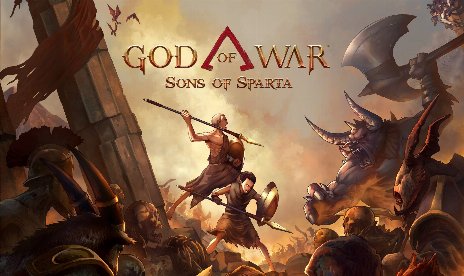
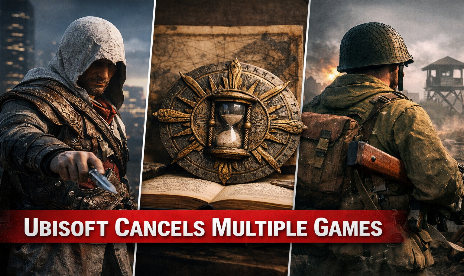
![POLYBIUS v1.0 (+1 Trainer) [PLAYMAGiC]](https://9588947a.delivery.rocketcdn.me/wp-content/uploads/2026/02/POLYBIUS-01-scaled-464x276.jpg)

![Yakuza Kiwami 3 & Dark Ties v1.12+ (+46 Trainer) [FLiNG]](https://9588947a.delivery.rocketcdn.me/wp-content/uploads/2026/02/Yakuza-Kiwami-3-and-Dark-Ties-01-scaled-464x276.jpg)





